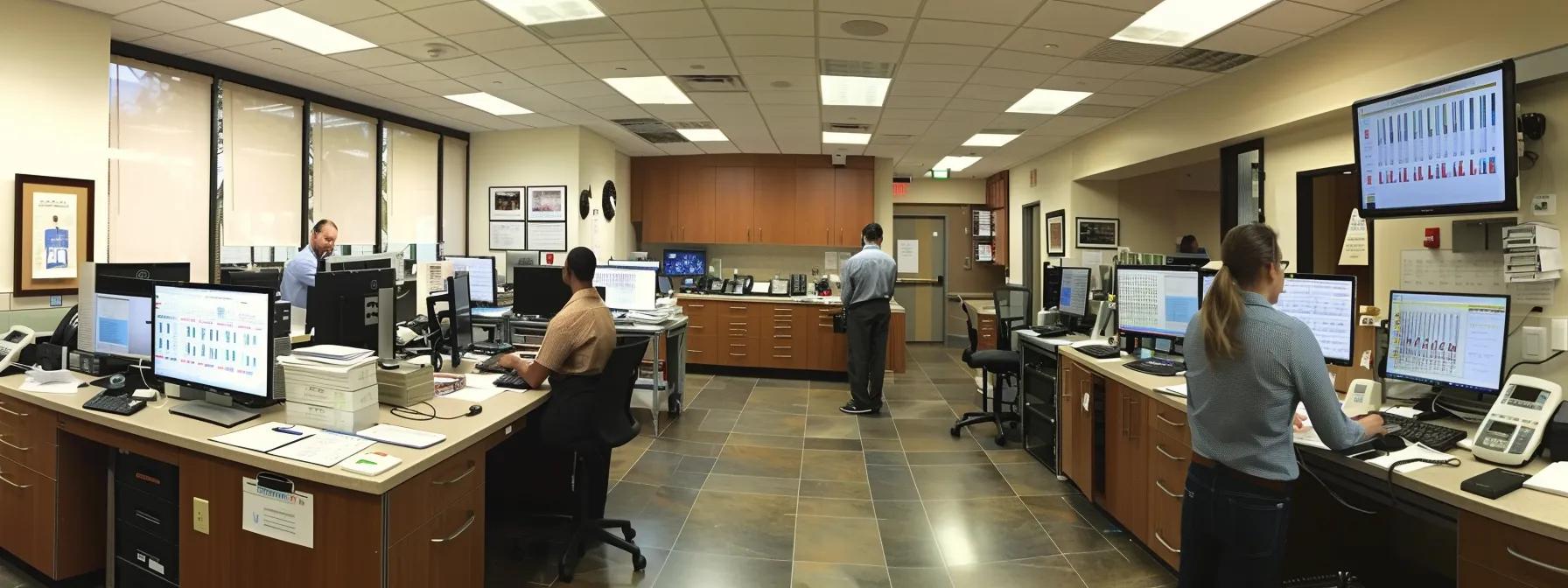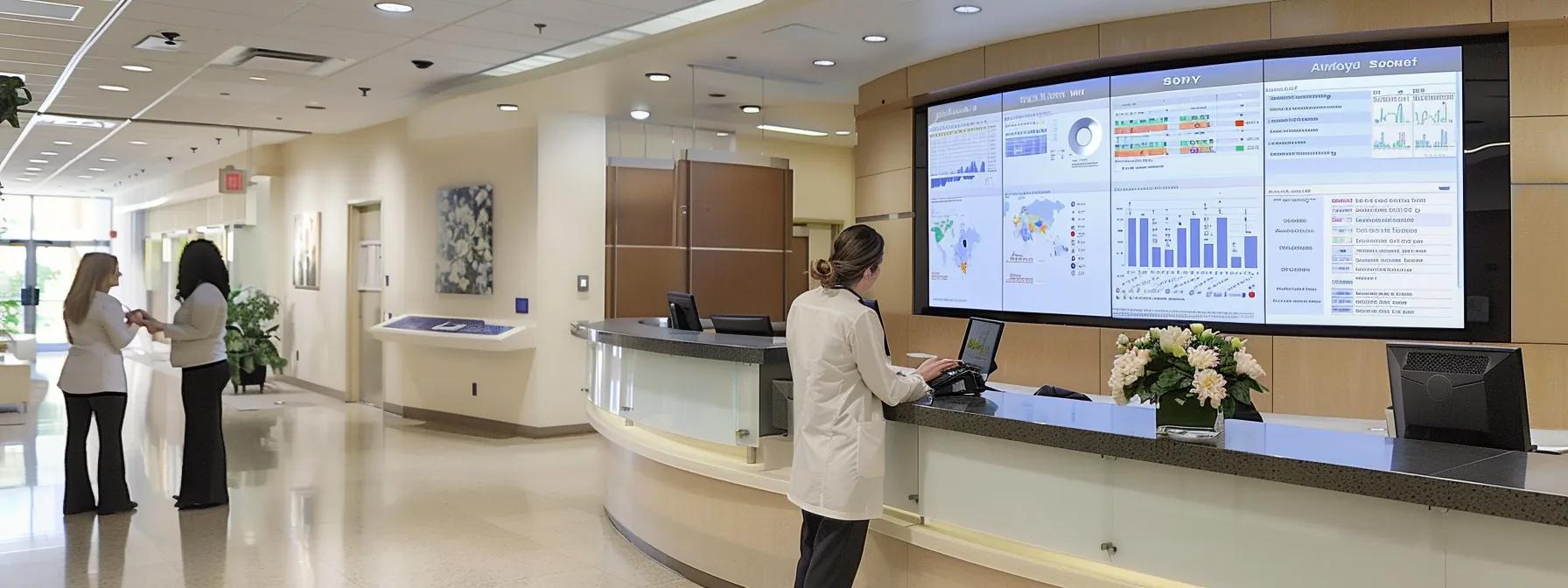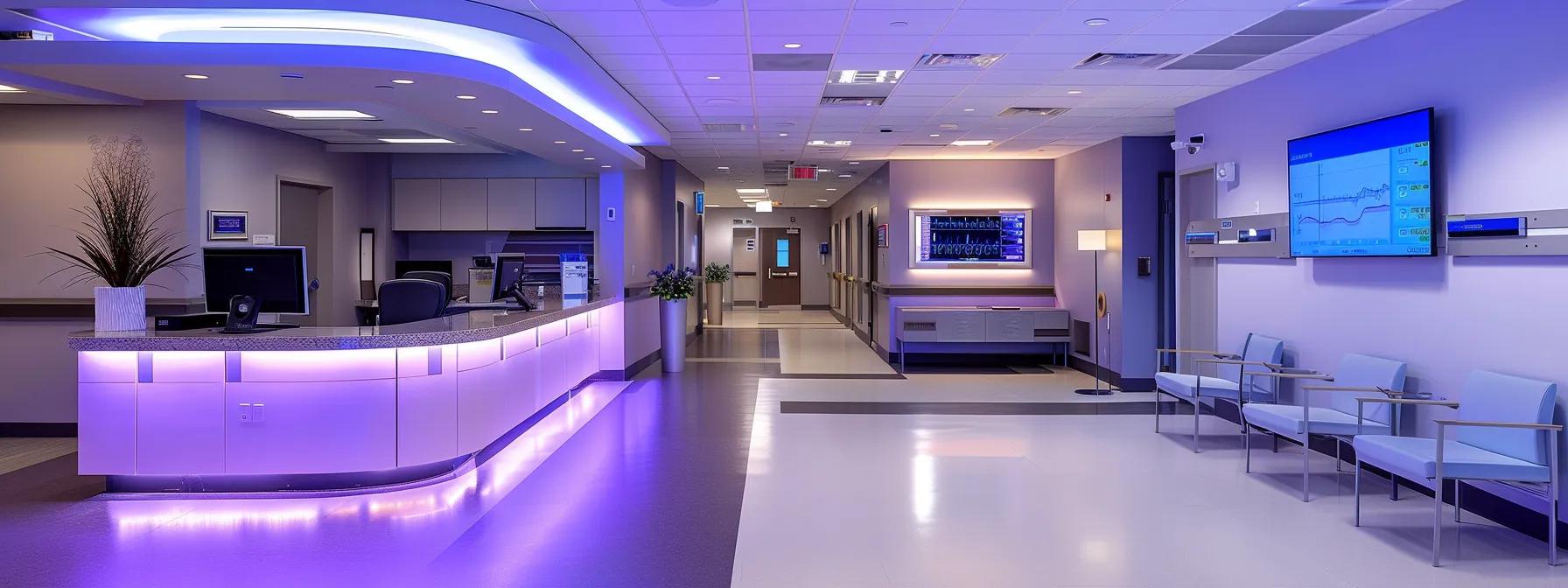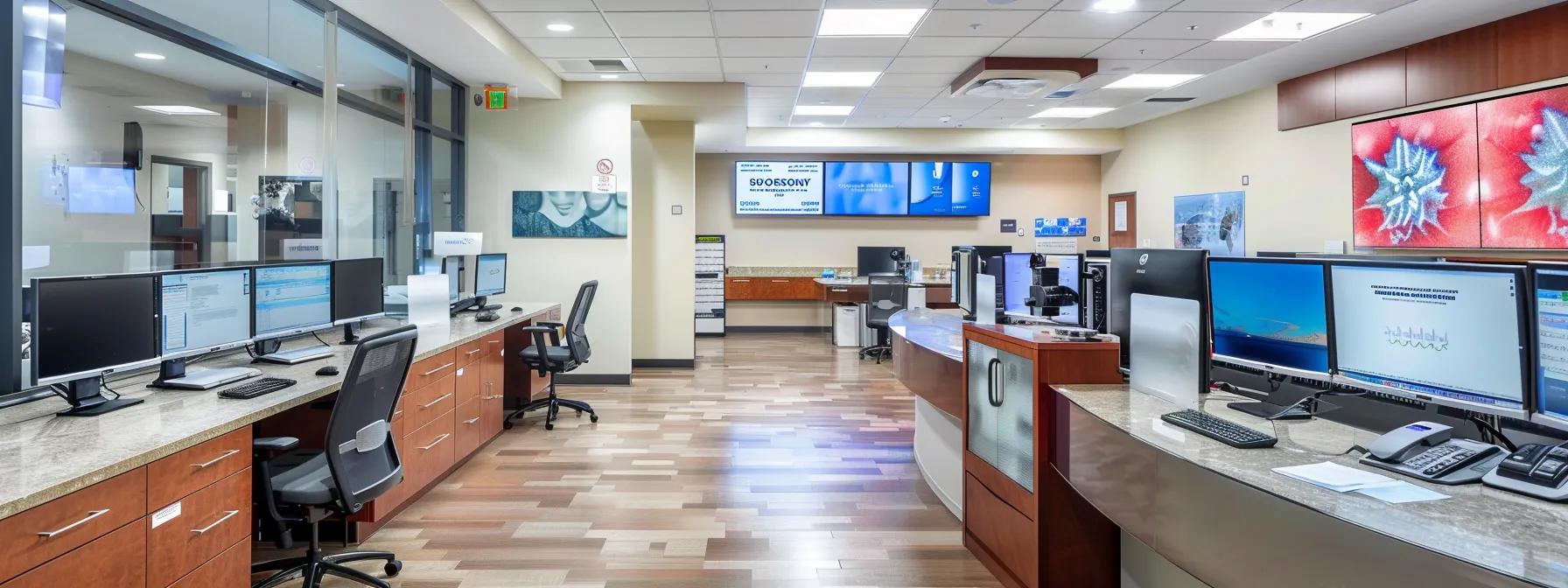Medical billing is the backbone of successful revenue cycle management for physician practices. For medical practice owners with monthly revenues exceeding $1M—especially high-value specialties like plastic surgery—the challenge of managing claim rejections, regulatory complexities, and administrative burdens is ever present. At Ascendant Medical, our comprehensive approach in medical billing services optimizes claim processing, reduces denials, and enhances cash flow. In this article, we present six essential upgrades to medical billing services that address these issues with research-backed strategies, technological innovations, and precise billing practices to drive revenue, improve compliance, and simplify workflow.








0 Comments